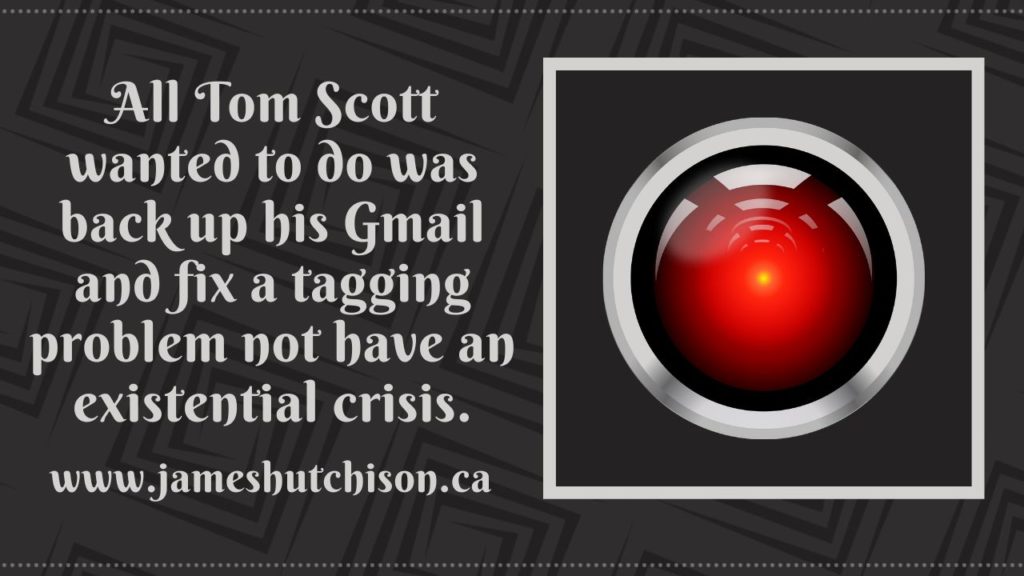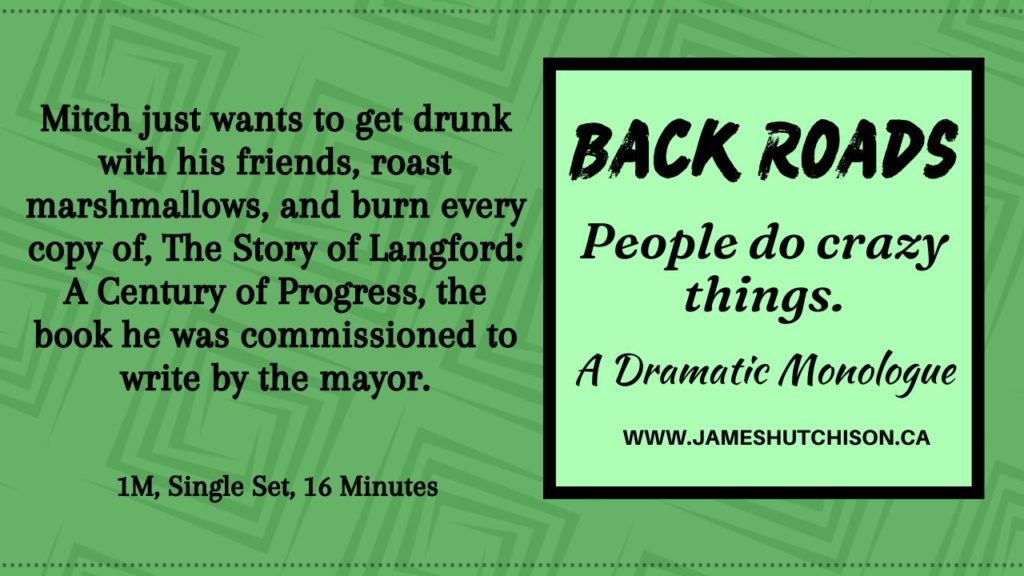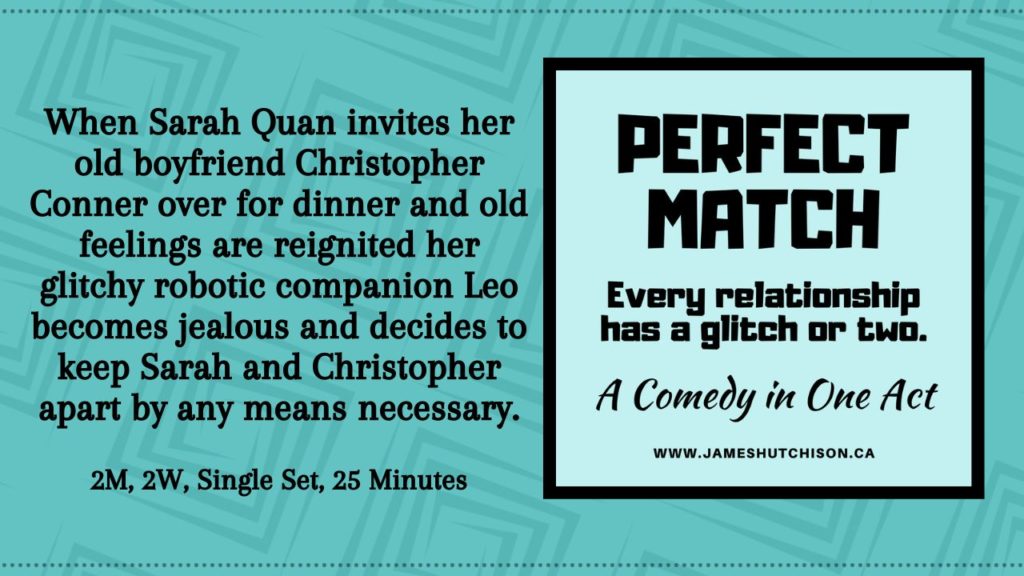
Beautiful Ruins
“Imagine truth as a chain of great mountains, their tops way up in the clouds. Writers explore these truths, always looking out for new paths up these peaks.”
“So the stories are paths?” Pasquale asked.
“No,” Alvis said. “Stories are bulls. Writers come of age full of vigor, and they feel the need to drive the old stories from the herd. One bull rules the herd awhile but then he loses his vigor and the young bulls take over.”
“Stories are bulls?”
“Nope.” Alvis Bender took a drink. “Stories are nations, empires. They can last as long as ancient Rome or as short as the Third Reich. Story-nations rise and decline. Governments change, trends rise, they go on conquering their neighbors. Like the Roman Empire, the epic poem stretched for centuries, as far as the world. The novel rose with the British Empire, but wait…what is that rising in America? Film?”
Pasquale grinned. “And if I ask if stories are empires, you’ll say- “
“Stories are people. I’m a story, you’re a story…your father is a story. Our stories go in every direction, but sometimes, if we’re lucky, our stories join into one, and for a while, we’re less alone.”
Excerpt from Beautiful Ruins a Novel by Jess Walter
I finished reading Beautiful Ruins by Jess Walter a few days ago and I really liked that passage, and I thought stories can be many things but in the end maybe the whole purpose of a story is as Alvis puts it – to make us feel less alone. And maybe it does something more. Maybe it also makes us feel more connected to each other. And in this age of disconnection and conflict and rage maybe that’s a good thing.
But I have to wonder if that’s about to change. I wonder if the creation and telling of stories is about to be disrupted.
Tom Scott – I tried using AI. It scared me.
That’s because I watched a YouTube video by Tom Scott and he had a story to tell about how he thinks AI might be about to change everything. Scott is a British YouTuber and web developer who produces educational videos across a range of topics including science and technology. Scott thinks a big disruption is coming. Artificial intelligence could soon be ushering in a revolution in how we work and interact.
What that will look like exactly – I’m not sure.
But I will say this, artificial intelligence makes complete sense to me. And it will eventually be much smarter than us. It’s something we already do. We build machines that are faster than us – such as cars and airplanes. They exceed human ability. And bulldozers and excavators and dump trucks exceed our physical strength many times over. So, of course, we’re going to eventually build machines that are smarter than us. It won’t be biological intelligence it will be machine-based intelligence and the mechanism will not be the same as our brains. After all, do machines such as excavators use muscle and bone – no. They use steel and hydraulics. So, why wouldn’t AI be based on something other than what makes our organic brains work?
Where did all the secretaries go?
So, what does this mean? On a big scale, it might mean that the old idea of work for pay and jobs and how we organize the world will change. Remember secretaries and secretarial pools? Do you remember how many people were employed as secretaries? It was huge. In 1950 if you said one day there won’t be these huge numbers of people working as secretaries people would have a hard time imagining that world. Who would do the work? How would managers handle all the filing and paperwork and scheduling? Where are the secretaries now? They’re gone for the most part – yes there are a few but in the past, secretaries offered everyone administrative support. Nowadays we have administrative assistants who provide support to the top brass. A lot of the jobs and the work secretaries did was replaced by Microsoft Office and Google Docs.
So, we’ve had lower-level jobs being replaced by programs and machines for some time now but maybe we’re on the cusp of a change where AI might be able to replace more advanced jobs. Just think how different the world would be if you could eliminate half the middle managers in your organization. Heck, maybe you could eventually eliminate 90% of managers and vice presidents and in the long run maybe even a CEO or chairman of the board. Any job that requires decision-making could be a candidate for replacement by AI. Are we there yet? No. Will we be soon? Maybe. How soon? Well, that’s partly what Tom Scott’s video is about.
Star Trek offered hope for the future.
I’ve always liked science fiction stories about artificial intelligence. Who doesn’t like HAL? Everyone’s favourite homicidal superbrain. But you know one of the things I’ve always found odd was the desire of an AI character like Data from Star Trek to be more human. Why would an AI want to be human? I’m more interested in humans that want to be more like Data. Those are the stories that interest me. Humans that desire an increased capacity for analysis and decision-making without the interference of emotion. Although I must say I do enjoy Kryten’s attempts to be more human on Red Dwarf. Kryten is the robot from the long-running British comedy scifi series about a small group of misfits returning to earth after three million years in deep space. And I get it. I understand that even a story about artificial intelligence is actually a story about being human. I mean the same goes for Chicken Little and Paddington Bear and Woody from Toy Story. All stories are about some aspect of humanity and what it means to be human. They aren’t really about what it means to be a marmalade-loving talking bear or a chicken or a toy.
And so one of the reasons I loved the original Star Trek series and Spock so much was because the Vulcan culture was all about controlling your emotions and using logic to live life and make decisions. It was a rational way of approaching the world and I loved the idea of humanity reaching for the stars and overcoming our darker tendencies. Star Trek was hopeful. And in a world where we still live with the daily threat of nuclear annihilation, I like to believe that in the future we’ll unite in a way that allows us to reach the stars and explore space. I hope that humanity lives on long into the future and that our tendency towards emotion and conflict and tribalism doesn’t prove to be a great filter. The thing is if we’re going to reach the stars and subsequently ensure our survival as a species then we’re going to need AI. We’ll need robots. We’ll need machines and computers that exceed our human ability.
I’ve actually written a play about artificial intelligence.
I’ve actually written a short play about artificial intelligence called Perfect Match. The Perfect Match Corporation provides humans with robotic companions. It’s a half-hour comedy and you can download it from my website and read it for free. If you want a good laugh or some interesting topics to chat about or are looking for a short funny and easy-to-stage comedy I can’t think of a better option than Perfect Match.
Anyway, I have rambled on for some time following my mind where it leads me. Maybe that’s a big difference between human intelligence and AI. Our brain is never quiet – it is always thinking. And it is always – regardless of how logical we want it to be – tied into our emotional and physical selves. Our needs, desires, and hungers are part of who we are and they influence our actions as significantly as our intellect. Anyway, have a listen to Tom Scott and his recent story about how backing up his Gmail and trying to fix a problem with e-mail tags led him to think – Holy Sh*t! Are things about to change? He never actually said, “Holy Sh*t! Are things about to change?” I did. That’s me using some artistic licence and a more dramatic set of words to convey the idea.
If you don’t get a chance to watch it Scott basically looks back on the previous big disruption to the world when the internet and smartphones completely transformed the way we live and how we do business. The warning shot then was Napster. Napster changed the music industry and heralded in a very different world. This time the warning shot might be ChatGPT.
Oh, and while we love stories and stories connect us I guess the question for me is – will all the stories and plays and poems and movies and music we’ll be consuming in the future be the creation of the human brain or HAL?
And then just as I was working on this blog post right on cue, I got a newsletter from Descript which I started using a few months ago to help me with transcribing my audio interviews into written text. They just published a blog post titled: The ultimate list of AI tools for creators. I’m guessing the ultimate list of artificial intelligence tools will need to be updated – constantly.

